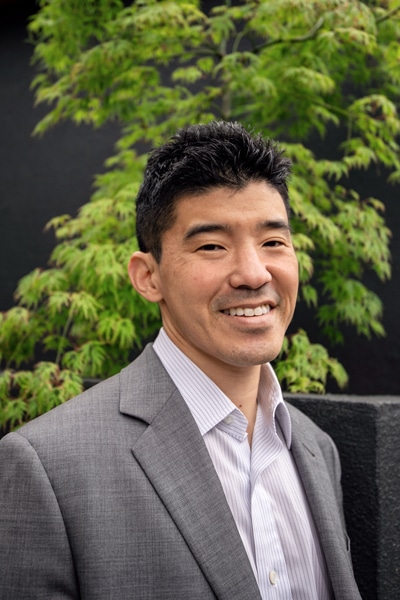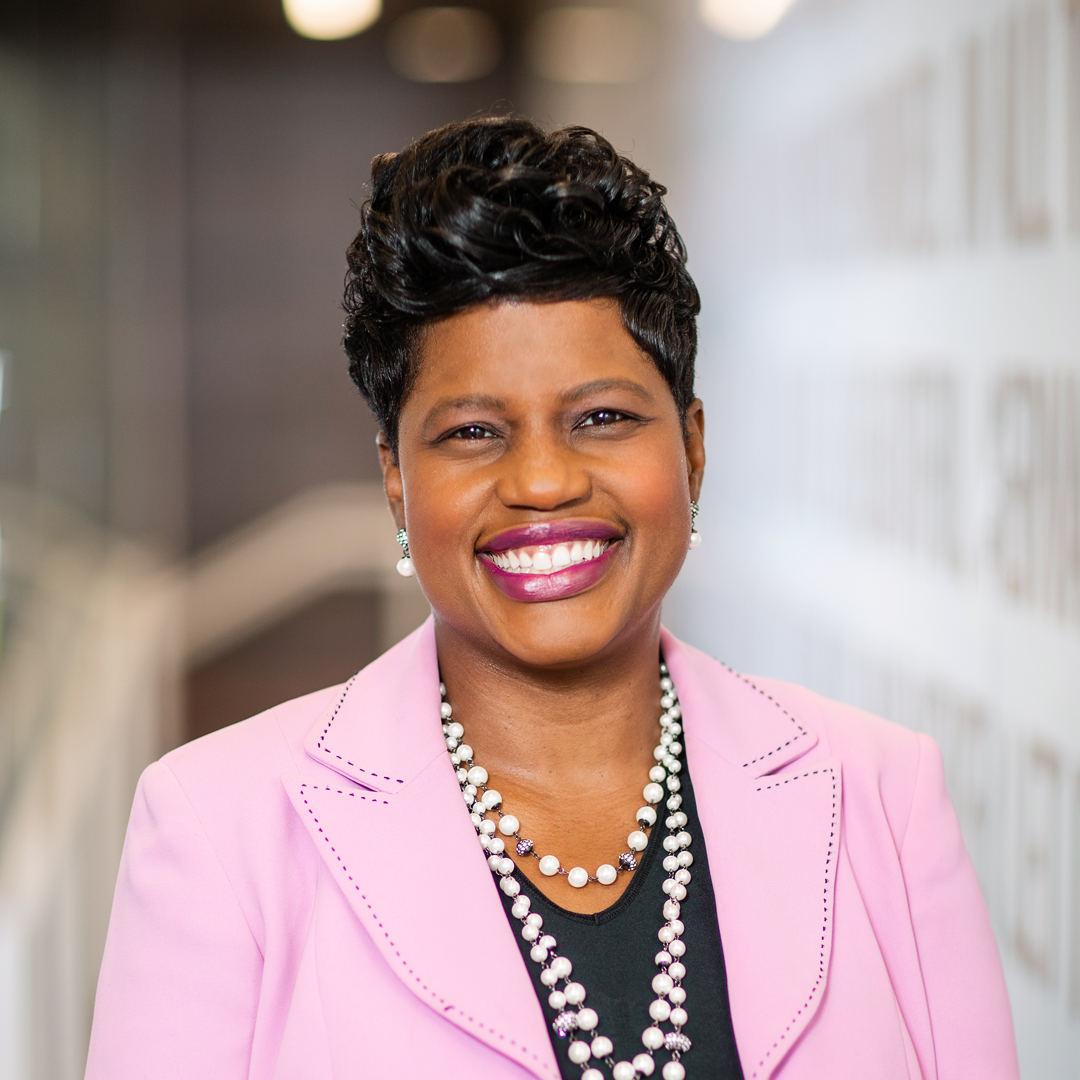When Gilead Sciences announced it was buying biotechnology company Pharmasset in 2011 for $11 billion, or roughly a third of Gilead’s then market cap, the acquisition was greeted with some skepticism. “Our stock plunged,” says Jason Okazaki, senior vice president of legal and assistant secretary at Gilead. “People didn’t understand the deal.”
Over Okazaki’s thirteen years, he’s watched the company grow, widening both its footprint and its scope. The acquisition of Pharmasset—and subsequent work to advance the molecule gained through the agreement to market and combine it with Gilead’s own novel compounds—has led to the launch of the company’s HCV franchise. The company’s four medicines offer a cure for most people with HCV.

When Okazaki joined Gilead in 2006, there were roughly two thousand employees working for the biotech company. Now, there are more than eleven thousand. In that time, Okazaki’s roles have evolved and expanded. While that has included an exponential amount of growth, the SVP says he’s proud that his core team of dedicated attorneys and legal specialists has remained largely unchanged.
“We have a talented core team that has been here for a long time,” Okazaki says. “That group is essential to maintain our innovative culture, especially since we’ve grown so quickly. It’s important to have a number of people who joined when we were a smaller company and have successfully evolved in their roles as our challenges and scale continue to grow.”
In a continuous effort to provide its lifesaving medicines to people in need across the globe, Gilead has grown significantly over the years in number and geography— opening offices in Latin America and Asia. To help support this growth, Okazaki’s legal team is around seventy people spread across four continents. Gilead’s expanding global presence has been important in ensuring compliance with the European General Data Protection Regulation (GDPR) as well as similar legislation in Asia and Latin America. “Data privacy is a significant issue for any multinational organization, and it’s essential to make sure that we take a truly global view towards privacy,” Okazaki says.
In his previous work, Okazaki spent a significant amount of time on transactions involving life sciences companies, so he says Gilead’s expansion has proven a perfect fit for his skill set and interests. “The ability to actually have an impact on the human level is so different than the work you do at most companies,” Okazaki says. “This company is driven by science and truly puts patients first, reaching more than twelve million HIV and HCV patients in the developing world alone, including Sub-Saharan Africa, through our Access Program,” which the lawyer says heightens his dedication to ensuring his legal team is viewed as an essential business partner.
Transactions have certainly been the name of the game for Gilead as of late. “We did approximately twenty-five deals last year, and this year we hope to do more,” Okazaki says. “As a company, we’re trying to find every angle we can to provide the most innovative and effective treatments to patients in our core therapeutic areas.” Last year, the corporate development team focused on investing in, and partnering with, smaller companies that Okazaki said will help Gilead continue to widen its reach and keep the company on the cutting edge of technology.
That focus is exemplified by the 2017 acquisition of Kite Pharma through which Gilead became a leader in engineered T-cell therapy. Kite’s remarkable technology uses patients’ own immune systems to fight cancer. Shortly after the acquisition, the company’s first CAR T therapy, Yescarta, was approved for treatment of certain large B-cell lymphomas. Kite also has another CART drug in the pipeline, KTE-X19, which may be effective in treating adults with relapsed or refractory acute lymphoblastic leukemia. “The fact that we’re in a leadership position in this nascent field is incredibly interesting to me,” Okazaki says.
Okazaki and his team are especially invested in Gilead’s dedication not just to treating diseases, but curing them. “With our successful development of curative therapies for hepatitis C, we’re now focused on doing the same for other diseases such as HIV and hepatitis B,” he says. “We have a high bar for innovation here and cure is the ultimate goal.”
As Gilead continues to grow, Okazaki says he’s continually inspired by his team’s willingness to take on new roles and responsibilities. “I want to make sure we’re retaining and developing our people, not only in the US, but globally,” Okazaki says.
The SVP knows something about operating globally, having stepped foot on every continent, including Antarctica twice. “Evolution here continues to create new challenges and opportunities that will keep our roles very interesting on a worldwide basis.”

